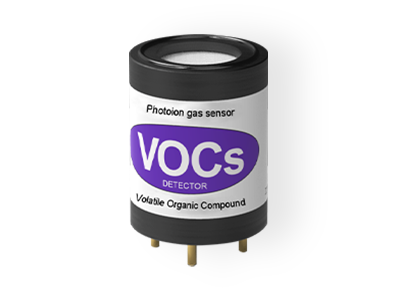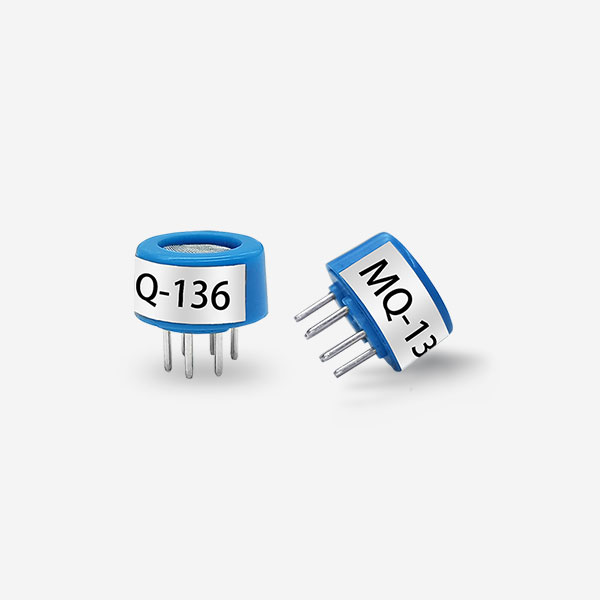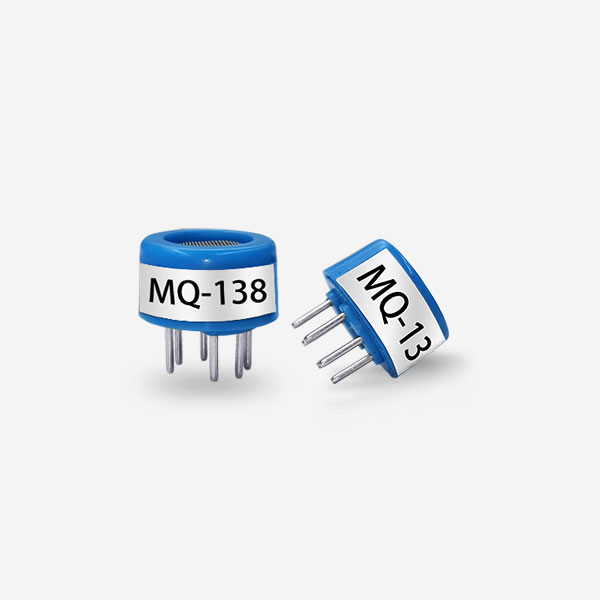Vocs are released from many common household products, such as paint, furniture, carpets and plastics. They cause many negative effects on human health and are a known air pollutant - especially for indoor air, homes and office environments. A VOC gas sensor was used to monitor the presence of VOCs and provide quantitative measurements of VOCs in PPM.

Pros
VOCs are a common indoor air pollutant that come from fossil fuels, solvents, aerosols and synthetic materials
VOCs can be hazardous air pollutants that are of particular concern in indoor air for people who may come into contact with it
VOC gas sensors are used to detect harmful levels of VOCs in the parts per million levels and common calibrated to isobutylene
Which VOC gas sensor to Avoid?
There are many "junk" VOC gas detectors on the market using low cost and non-specific sensors (ranging from $20 to $200). These product use low cost metal oxide gas sensors (MOS). They are small and inexpensive sensors. Humidity sensitivity, non-linear response, and long-term drift are all negative performance issues with MOS sensors.
Also, they react to inorganic gases as well, so don't use them if you're trying to test low levels of VOCs in an environment where gases like NO, NO2, or CO are present. When using MOS technology for VOC are made for the "non serious" user that is looking for a cheap "quick fix" option.
What Is the Best VOC Gas Sensor Choice?
More reliable VOC detectors cost over $300 and come in two distinct sensor varieties -- PID Sensors and Electrochemical Sensors.
The most important part of any gas detector is the actual sensing element. Hence, it is important to understand the sensor options, the pros and cons and understanding the quality of the sensor and the specific manufacturer of the actual gas sensing element.
We recommend avoiding VOC detectors with MOS sensors since:
they are not calibrated to a national standard
do not use high quality specific gas sensors
large sensor drift and give unstable, non repeatable readings
made with low cost metal oxide sensors (MOS) that have high cross sensitivity to temperature and humidity
do not come with a calibration certificate signed by a engineer
What Are Volatile Organic Compounds?
Volatile organic compounds, VOCs, are organic (means they have "carbon") chemical compounds that are known to possess certain properties including high vapor pressure, low boiling point and low water solubility.
For example, VOCs are found in a variety of fuels, including diesel, petrol, gasoline, heating oil, and aviation fuel. VOC gases from these liquids include benzene, toluene, ethylene, xylene, and formaldehyde.
 : +86 155 8830 2704
: +86 155 8830 2704 : jxdziot@gmail.com
: jxdziot@gmail.com
